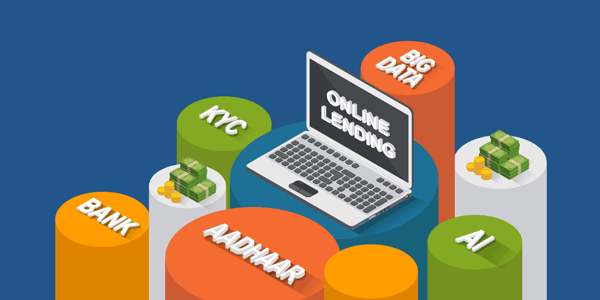Online lending has gained significant popularity in recent years, providing individuals and businesses with convenient access to financial services. In the Philippines, the government has recognized the potential of online lending platforms and has taken various initiatives to regulate and promote this emerging industry. These initiatives aim to protect consumers, foster fair competition, and promote financial inclusion.
The Need for Regulation
The rapid growth of online lending platforms in the Philippines has raised concerns about consumer protection, fair lending practices, and overall market stability. To address these concerns, the government has implemented several regulatory measures.
1. Registration and Licensing Requirements
The Securities and Exchange Commission (SEC) requires online lending platforms to register as financing companies and obtain the necessary licenses to operate legally. This ensures that these platforms adhere to specific rules and regulations, including minimum capital requirements, disclosure of interest rates, and fair lending practices.
2. Transparency and Disclosure
To protect borrowers from predatory lending practices, the government has mandated online lenders to disclose all relevant information, including interest rates, fees, and repayment terms, in a clear and transparent manner. This enables borrowers to make informed decisions and compare different lending options.
3. Interest Rate Caps
In an effort to prevent excessive interest rates and protect borrowers from usurious practices, the government has imposed interest rate caps on online lending platforms. These caps ensure that borrowers are not burdened with exorbitant interest charges and promote fair competition among lenders.
Promoting Financial Inclusion
While regulation is necessary to protect consumers, the government also recognizes the potential of online lending platforms to promote financial inclusion. These platforms have the ability to reach underserved individuals and small businesses who may have limited access to traditional banking services.
1. Easing Access to Credit
Online lending platforms provide a convenient and accessible way for individuals and businesses to access credit. By streamlining the loan application process and utilizing technology, these platforms can offer faster approval times and disburse funds quickly. This enables borrowers to meet their financial needs in a timely manner, promoting economic growth and stability.
2. Alternative Credit Scoring Models
Traditional banks often rely on traditional credit scoring models, which may exclude individuals with limited credit histories or unconventional sources of income. Online lending platforms have the potential to utilize alternative credit scoring models, incorporating non-traditional data points such as social media activity, utility bill payments, and mobile phone usage. This allows a broader range of individuals to access credit based on their actual financial behavior.
3. Collaboration with Financial Institutions
The government encourages collaboration between online lending platforms and traditional financial institutions to leverage their respective strengths. By partnering with banks and other financial institutions, online lenders can benefit from their expertise, infrastructure, and regulatory compliance. This collaboration can enhance the overall stability and credibility of the online lending industry.
Conclusion
The government’s initiatives to regulate and promote online lending in the Philippines aim to strike a balance between protecting consumers and fostering financial inclusion. By implementing registration and licensing requirements, ensuring transparency and disclosure, and imposing interest rate caps, the government aims to create a fair and competitive lending environment. Simultaneously, by promoting ease of access to credit, alternative credit scoring models, and collaboration with financial institutions, the government seeks to expand financial services to underserved individuals and businesses. These initiatives are crucial in harnessing the potential of online lending platforms to drive economic growth and empower individuals in the Philippines.

